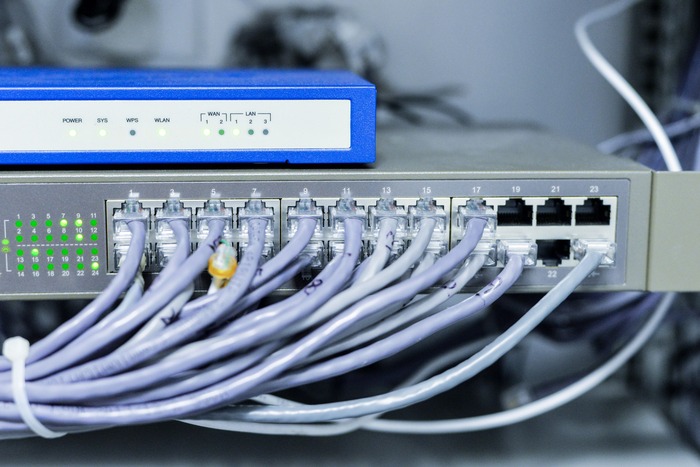Are Broadband and Ethernet Cables the Same?

The internet has taken over all aspects of daily living – whether it’s for work, education, entertainment, banking, healthcare, transport, etc., and made the world into a global village.
For all this to be possible however, a medium is required to transmit internet and this could be through either DSL, cable or fiber networks. Furthermore, data can be sent either through broadband or a baseband (Ethernet cable), with the difference being that the former can send multiple signals while the latter only transmits a single signal at a given time.
Broadband and Ethernet cables are the most practical ways to connect to the internet. The question then arises whether broadband and Ethernet cables are the same. No, Ethernet cables aren’t the same as broadband but they can be a part of broadband connections. Broadband refers to a number of technologies needed to deliver high-speed bandwidth. Ethernet, on the other hand, refers to connected networking between devices within a local area network (LAN). Here is a detailed look at what makes these two technologies tick and how they benefit each other:
Ethernet Cables
The Ethernet cables are a standard mode for connecting computers on a local area network requiring high bandwidth connectivity. These cables can be used to connect to not only computers but also printers, scanners, routers and other devices on a LAN via an ethernet port. With evolving technologies, the Ethernet cable has been replaced with wireless networks like the Wi-Fi which offer faster data transfer speeds.
Broadband
Broadband refers to a high bandwidth and high-speed technology that provides fast internet access to your internet-enabled devices. It’s called broadband because it basically uses a wide bandwidth to transmit multiple data signals at different frequencies at the same time, using fiber optic cables, coaxial cables or radio waves as the connection medium. Examples of broadband connections include Wi-Fi, fiber optics, satellite link, LTE, Ethernet cables, microwaves and mobile connections.
In conclusion, even though Ethernet Cables and broadband appear similar and deal with the internet and computers, they are distinctly different. Though Ethernet connections are faster and more expensive and deal with local computer networking with other internet-enabled devices, they can also be used with broadband for achieving faster speeds.

